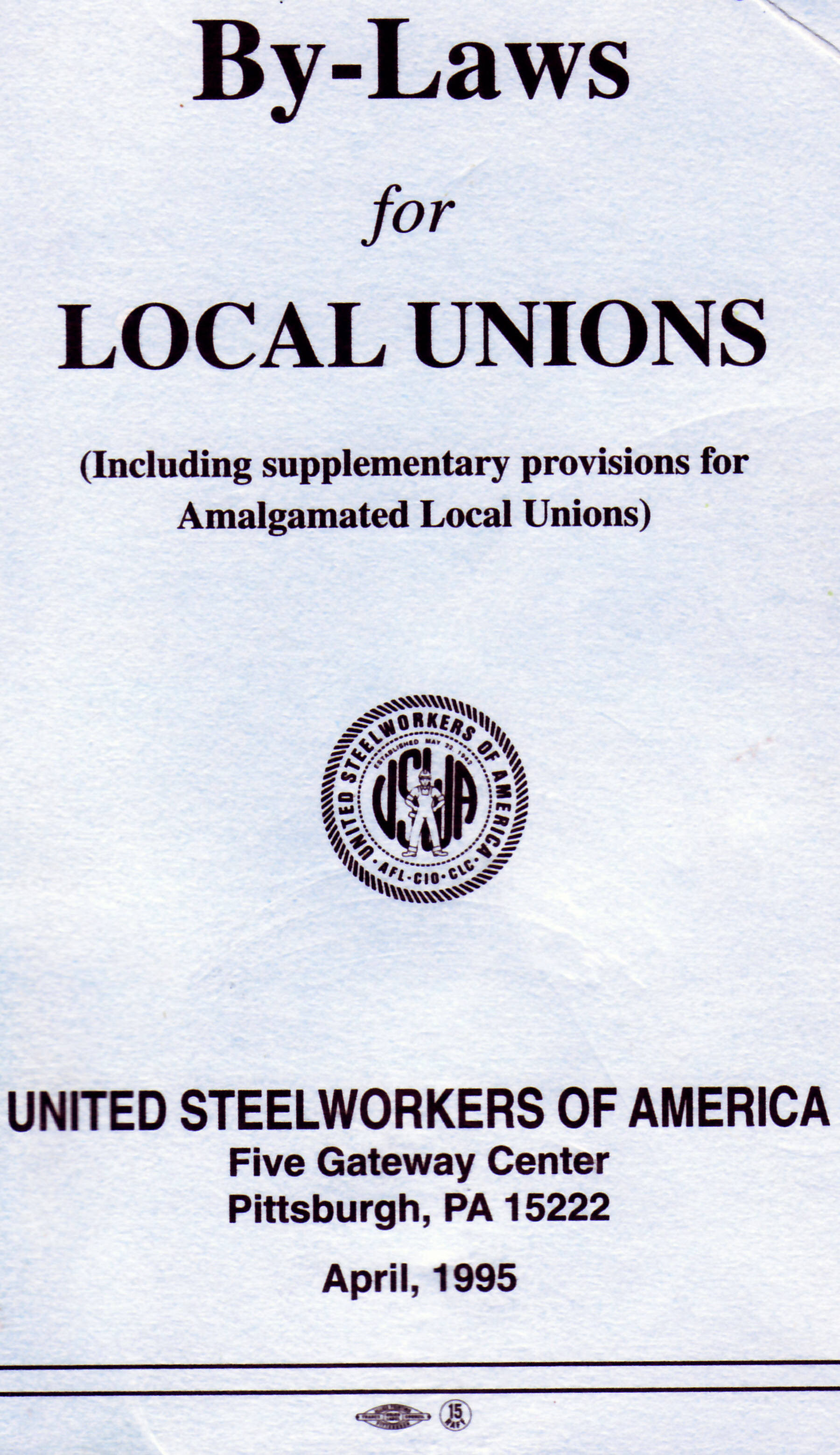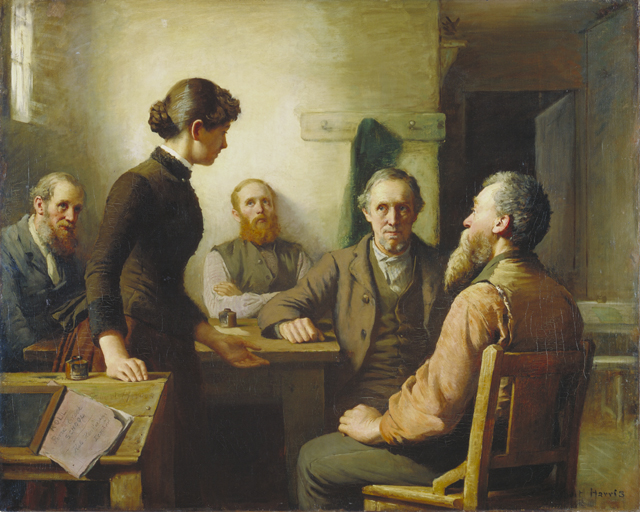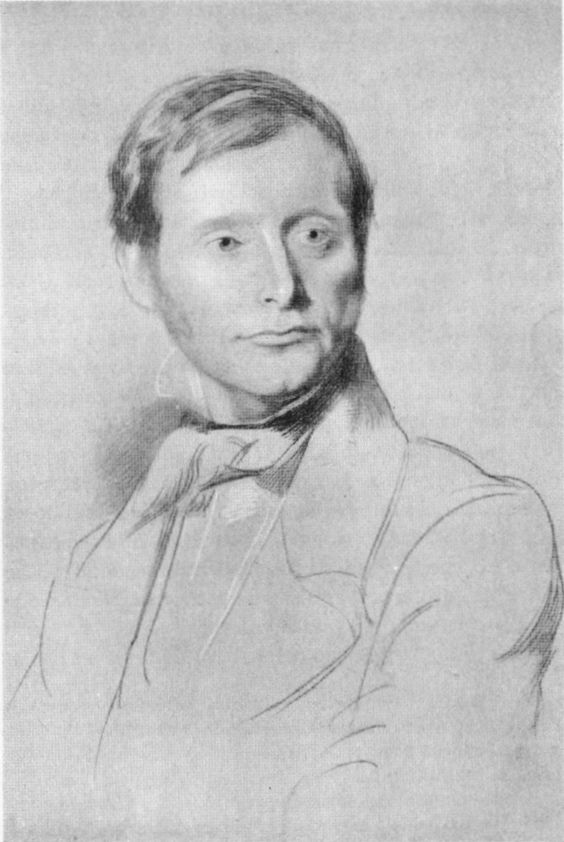|
School Boards In England And Wales
School boards were ''ad hoc'' public bodies in England and Wales that existed between 1870 and 1902, and established and administered elementary schools. Creation The Elementary Education Act 1870 ( 33 & 34 Vict. c. 75) permitted the creation of school boards in areas where they were needed. The legislation followed campaigning by George Dixon, Joseph Chamberlain and the National Education League for elementary education free from Anglican doctrine. Education was still not free of fees. The first schedule of the 1870 Act permitted school boards for: *the Metropolitan Board of Works area *the district of the Oxford Local Board of Health *every municipal borough except Oxford *every civil parish (or part of a civil parish) that was outside of the above. Around 2,500 school boards were created between 1870 and 1896. Powers and functions Each board could: *raise funds from a rate *build and run non-denominational schools where existing voluntary provision was inadequate *sub ... [...More Info...] [...Related Items...] OR: [Wikipedia] [Google] [Baidu] |
Ad Hoc
''Ad hoc'' is a List of Latin phrases, Latin phrase meaning literally for this. In English language, English, it typically signifies a solution designed for a specific purpose, problem, or task rather than a Generalization, generalized solution adaptable to collateral instances (compare with ''a priori and a posteriori, a priori''). Common examples include ad hoc committees and commissions created at the national or international level for a specific task, and the term is often used to describe arbitration (ad hoc arbitration). In other fields, the term could refer to a military unit created under special circumstances (see ''task force''), a handcrafted network protocol (e.g., ad hoc network), a temporary collaboration among geographically-linked franchise locations (of a given national brand) to issue advertising coupons, or a purpose-specific equation in mathematics or science. Ad hoc can also function as an adjective describing temporary, provisional, or improvised methods ... [...More Info...] [...Related Items...] OR: [Wikipedia] [Google] [Baidu] |
By-law
A by-law (bye-law, by(e)law, by(e) law), is a set of rules or law established by an organization or community so as to regulate itself, as allowed or provided for by some higher authority. The higher authority, generally a legislature or some other government body, establishes the degree of control that the by-laws may exercise. By-laws may be established by entities such as a business corporation, a neighbourhood association, or depending on the jurisdiction, a municipality. In the United Kingdom and some Commonwealth countries, the local laws established by municipalities are referred to as ''by''(''e'')''-laws'' because their scope is regulated by the central governments of those nations. Accordingly, a bylaw enforcement officer is the Canadian equivalent of the American Code Enforcement Officer or Municipal Regulations Enforcement Officer. In the United States, the federal government and most state governments have no direct ability to regulate the single provisions of munic ... [...More Info...] [...Related Items...] OR: [Wikipedia] [Google] [Baidu] |
Board Of Education
A board of education, school committee or school board is the board of directors or board of trustees of a school, local school district or an equivalent institution. The elected council determines the educational policy in a small regional area, such as a city, county, state, or province. Frequently, a board of directors power with a larger institution, such as a higher government's department of education. The name of such board is also often used to refer to the school system under such board's control. The government department that administered education in the United Kingdom Education in the United Kingdom is a devolved matter, with each of the countries of the United Kingdom having separate systems under separate governments. The UK Government is responsible for England, whilst the Scottish Government, the Welsh ... before the foundation of the Ministry of Education was formerly called the Board of Education. Boards of education serve as crucial pillars in the ar ... [...More Info...] [...Related Items...] OR: [Wikipedia] [Google] [Baidu] |
List Of Former Board Schools In Brighton And Hove
Between 1870 and the early 20th century, "a distinguished group of board schools" were built in the area covered by the present city of Brighton and Hove on the south coast of England. All were designed and built by the local firm of Thomas Simpson & Son, whose members were Scottish architect Thomas Simpson (architect), Thomas Simpson (1825–1908) and his Brighton-born younger son Gilbert Murray Simpson (1869–1954). John William Simpson, the older of Thomas's two sons, may also have been involved with some of the work. There was no nationally coordinated scheme of primary-level education until the Elementary Education Act 1870 (33 & 34 Vict. c. 75) was passed; this empowered local councils to form School boards in England and Wales, school boards with elected members and funded by Rates in the United Kingdom, rates. Brighton's population was growing rapidly at the time, and many new schools were needed. Thomas Simpson was appointed architect and surveyor to the Brighton ... [...More Info...] [...Related Items...] OR: [Wikipedia] [Google] [Baidu] |
Birmingham Board Schools
__NOTOC__ The Birmingham board schools were set up very rapidly after the '' Forster'' Elementary Education Act 1870 ( 33 & 34 Vict. c. 75) was enacted, covering England and Wales. Over forty were created in Birmingham. Elementary Education Act 1870 George Dixon, Member of Parliament (MP) for Birmingham, and Joseph Chamberlain, mayor of Birmingham, both nonconformists, were leaders of the National Education League and campaigners in the 1860s and 1870s for the provision of education free of influence by the churches. The Anglicans and Catholic Churches were in control of the existing voluntary schools, and controlled the religious education of those who attended. The Liberals and Dissenters wanted compulsory education without religious doctrine. In the end the Elementary Education Act 1870 ( 33 & 34 Vict. c. 75) was a compromise filling in the gaps of the voluntary system. The act allowed each municipality to: *elect a school board *raise money by local taxation *require ... [...More Info...] [...Related Items...] OR: [Wikipedia] [Google] [Baidu] |
History Of Education In England
The history of education in England is documented from Anglo-Saxons, Saxon settlement of England, and the setting up of the first cathedral schools in The King's School, Canterbury, 597 and King's School, Rochester, 604. Education in England remained closely linked to religious institutions until the nineteenth century, although Charity school, charity schools and "free grammar schools", which were open to children of any religious beliefs, became more common in the early modern period. Nineteenth century reforms expanded education provision and introduced widespread state-funded schools. By the 1880s education was compulsory for children aged 5 to 10, with the school leaving age progressively raised since then, most recently to 18 in 2015. The education system was expanded and reorganised multiple times throughout the 20th century, with a Tripartite System introduced in the 1940s, splitting secondary education into grammar schools, secondary technical schools and secondary modern ... [...More Info...] [...Related Items...] OR: [Wikipedia] [Google] [Baidu] |
Local Education Authority
Local education authorities (LEAs) were defined in England and Wales as the local councils responsible for education within their jurisdictions. The term was introduced by the Education Act 1902, which transferred education powers from school boards to existing local councils. There have been periodic changes to the types of councils defined as local education authorities. Initially, they were the councils of counties and county boroughs. From 1974 the local education authorities were the county councils in non-metropolitan areas and the district councils in metropolitan areas. In Greater London, the ''ad hoc'' Inner London Education Authority existed from 1965 to 1990. Outer London borough councils have been LEAs since 1965 and inner London borough councils since 1990. Unitary authorities created since 1995 have all been LEAs. The functions of LEAs have varied over time as council responsibilities for local education have changed. On 1 April 2009, their powers were transferred ... [...More Info...] [...Related Items...] OR: [Wikipedia] [Google] [Baidu] |
Eleanor Smith (activist)
Eleanor Elizabeth Smith (30 September 1822 – 15 September 1896) was an Irish educational activist. She became one of three trustees running Bedford College. At the time Bedford College was one of the few places where women might receive something approaching university level education. Bedford College was said to be the first British institution run by women Early years Smith was born in Dublin, in Ireland, the daughter of John Smith (1792–1828) and his wife, Mary Murphy. Her father was a barrister, but he died in 1828, and Mary then moved the family to various locations in England before settling in Ryde on the Isle of Wight. Smith had thirteen siblings, with her younger brother Henry John Stephen Smith becoming a prominent mathematician. Smith developed a strong interest in languages, teaching herself Hebrew when she was only seven years old. She later traveled widely around Europe, indulging her interest in European literature. Career In the 1860s, Smith moved to ... [...More Info...] [...Related Items...] OR: [Wikipedia] [Google] [Baidu] |
Lydia Becker
Lydia Ernestine Becker (24 February 1827 – 18 July 1890) was a leader in the early British suffrage movement, as well as an amateur scientist with interests in biology and astronomy. She established Manchester as a centre for the suffrage movement and with Richard Pankhurst she arranged for the first woman to vote in a British election and a court case was unsuccessfully brought to exploit the precedent. Becker is also remembered for founding and publishing the '' Women's Suffrage Journal'' between 1870 and 1890. Biography Lydia Becker was born in Cooper Street in the Deansgate area of Manchester, the oldest daughter of Hannibal Leigh Becker and Mary Becker (née Duncuft). Her grandfather, Ernst Hannibal Becker had emigrated from Ohrdruf in Thuringia and set up a manufacturing business supplying the cotton industry with dyes and chemicals. Ernest made the family home at Foxdenton Hall in Chadderton, which remained the family seat for 80 years. Her father, Hannibal Leigh Bec ... [...More Info...] [...Related Items...] OR: [Wikipedia] [Google] [Baidu] |
Catherine Ricketts
Catherine Maria Ricketts (20 April 1841 – 28 December 1907) was an English missionary. Born in Westbury-on-Trym, Ricketts moved with her family to Brighton in the 1850s. One day, she sheltered from the rain in the Queens Road Presbyterian Church, and this led her to join the congregation there. She soon became the superintendent of the Presbyterian Girls' Sunday School, and in 1863 she founded the Brighton Young Women's Christian Association. In 1870, school boards were established across England and Wales. Ricketts was elected to the Brighton School Board, one of only nine women elected across the country.Patricia Hollis, ''Ladies Elect: Women in English Local Government 1865-1914'', p.132 She was re-elected in 1873 and 1876, but in 1877 she heard a sermon from William Duffus, a missionary recently returned from China. Inspired, she travelled to Shantou around the turn of 1878 and 1879, where she began missionary work. The Women's Missionary Association of the Presbyt ... [...More Info...] [...Related Items...] OR: [Wikipedia] [Google] [Baidu] |
Anne Ashworth
Anne Frances Ashworth (1842 – 1921) was a British suffragist. Family Ashworth grew up in a Quaker family in Bath, Somerset. Her father, Thomas Ashworth, was a friend of radical MP Richard Cobden. Her uncles Jacob Bright and John Bright were both liberal politicians with an interest in feminism and her aunts Margaret Bright Lucas and Priscilla Bright McLaren campaigned for women's rights. Activism Together with her sister, Lilias Ashworth Hallett, Anne signed the 1866 petition for women's suffrage. Ashworth became a founder member of the London National Society for Women's Suffrage and, on the request of Clementia Taylor, Anne and Lilias formed a Bath branch of the group. She served on its executive committee, and when the Central Committee of the National Society for Women's Suffrage was set up in 1872, Anne also sat on its executive. In 1871, the first elections were held to the Bath School Board, and Ashworth was elected, one of only seven women around the coun ... [...More Info...] [...Related Items...] OR: [Wikipedia] [Google] [Baidu] |
Emily Davies
Sarah Emily Davies (22 April 1830 – 13 July 1921) was an English feminist who founded Girton College, Cambridge. She campaigned as a suffragist and for women's rights to university education. In her early life, she attended meetings of the National Association for the Promotion of Social Science and befriended Barbara Bodichon and Elizabeth Garrett Anderson. After moving to London with her mother in 1862, she wrote for and edited the '' English Woman's Journal'' and joined the Langham Place Group. She co-founded the London Schoolmistresses' Association and the Kensington Society, which pressured for universal suffrage, although she herself believed only unmarried women and widows should gain the vote. After resigning from Girton in 1904, Davies became secretary of the London branch of the National Society for Women's Suffrage, later leaving to join the Conservative and Unionist Women's Franchise Association. She died in London at the age of 91. During her lifetime, Dav ... [...More Info...] [...Related Items...] OR: [Wikipedia] [Google] [Baidu] |


